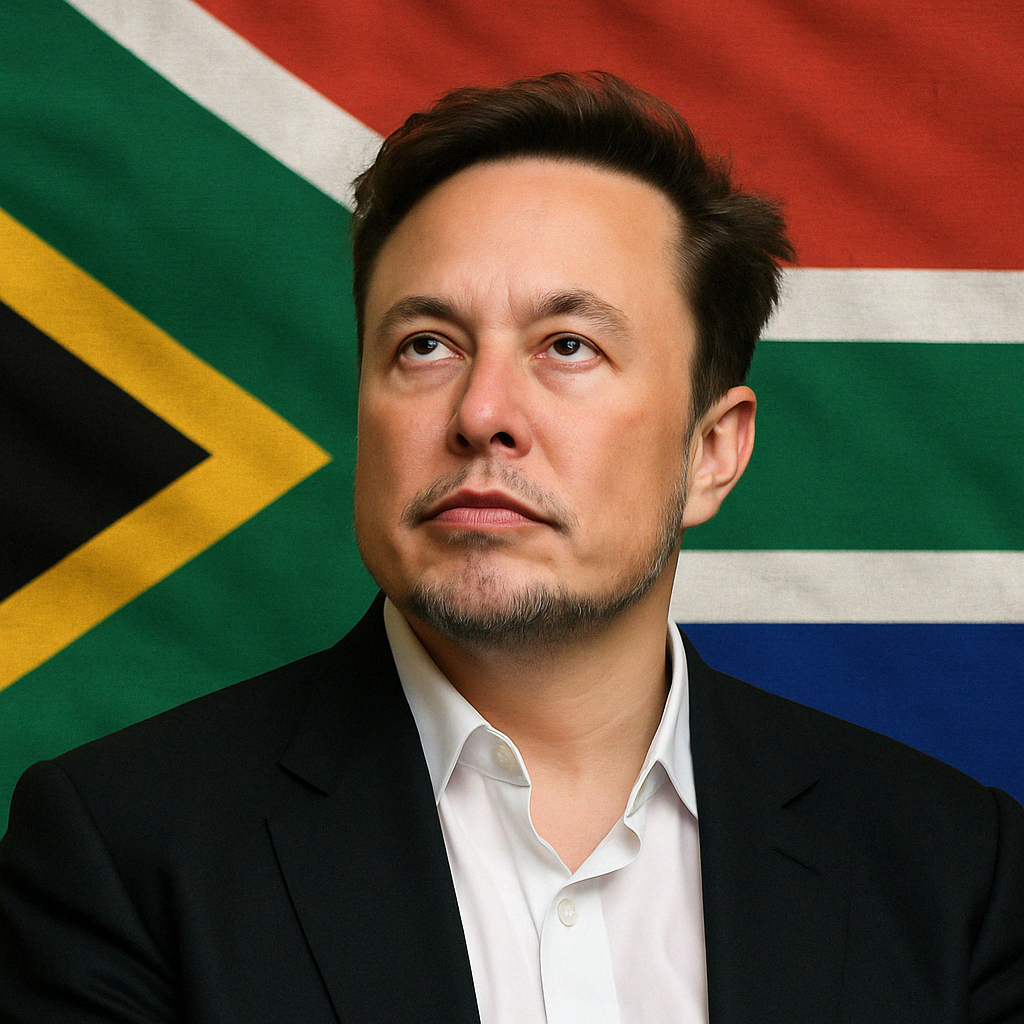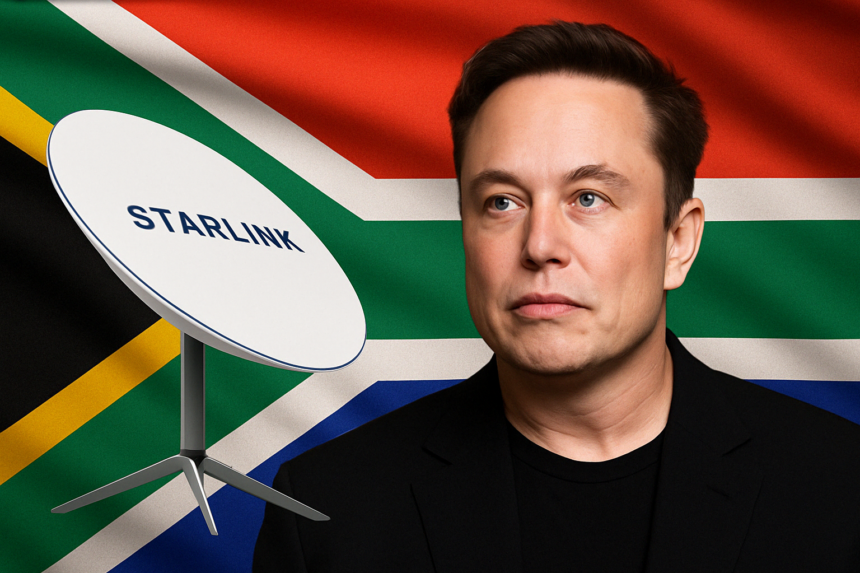Elon Musk, the world’s richest person and CEO of Starlink, has ignited controversy by accusing South Africa of racially biased policies regarding his satellite internet service. Born in South Africa, Musk claims that the government’s black empowerment laws prevent Starlink from operating in the country. This accusation has led to a broader diplomatic issue between the United States and South Africa, with tensions rising over the regulations that demand 30% local ownership by historically disadvantaged groups.
What’s Happening & Why This Matters
Starlink’s Legal Hurdle in South Africa
To operate in South Africa, Starlink must comply with local regulations requiring foreign businesses to partner with local entities, specifically with provisions for black empowerment. These provisions ensure that historically disadvantaged groups, primarily the black population, hold at least 30% of the business. South Africa’s government, led by the African National Congress (ANC), has made these empowerment laws a core part of its post-apartheid policy to correct racial inequities.
However, Musk views these regulations as a significant barrier to his company’s operations in the country. In a tweet to his 219 million followers, Musk stated that Starlink was “not allowed to operate in South Africa simply because I’m not black,” a claim that has sparked further controversy.
Icasa, South Africa’s regulatory authority, countered Musk’s claims that Starlink has never submitted a formal application to operate in the country. Despite this, the debate continues, and the South African government has reiterated that any company wishing to manage must follow the country’s laws.
Political Pushback and Potential Solutions

While Musk faces resistance from South African officials, he does have some local allies, including Solly Malatsi, the country’s communications minister. Malatsi has suggested a potential way forward, hinting that Starlink might not need a black business partner if it invests in social programs that benefit black communities. However, this suggestion has met resistance from ANC lawmakers who argue that compliance with the laws is non-negotiable.
Tension over the issue has also contributed to broader geopolitical conflicts. The relationship between South Africa and the United States has been strained, particularly under former President Donald Trump, who has criticized the country’s land reform policies and accused the government of undermining the rights of white landowners. Musk has also echoed these comments, contributing to the already complex diplomatic environment.
The Bigger Picture: Starlink’s Impact in Africa
Starlink, which operates in over 20 African countries, has the potential to revolutionize internet access, especially in rural and underserved areas. While South Africa remains a significant holdout, Starlink has succeeded in Nigeria, Somalia, and Lesotho, where the service is already improving internet connectivity. Starlink aims to use its satellite-based network to provide high-speed internet where traditional broadband and mobile services fall short.
Despite these successes, the situation in South Africa remains a sticking point. With an estimated 20% of South Africans lacking internet access, Starlink sees this as an untapped market, but regulatory hurdles persist. Both the South African government and Musk’s company may need to come to a compromise to facilitate the expansion of satellite broadband in the country.
TF Summary: What’s Next
As the diplomatic standoff continues, it remains to be seen whether Starlink will adjust its approach to meet South Africa’s regulatory requirements or if the government will soften its stance to allow greater foreign investment. The issue indicates the broader debate surrounding black empowerment laws, the complexities of foreign investment, and how to balance economic growth with social justice.
— Text-to-Speech (TTS) provided by gspeech.


